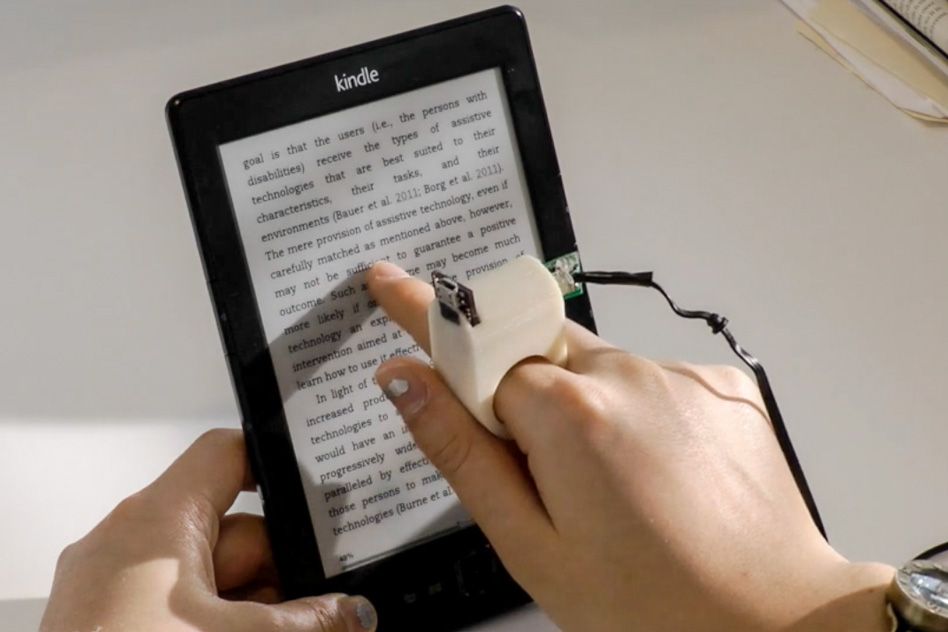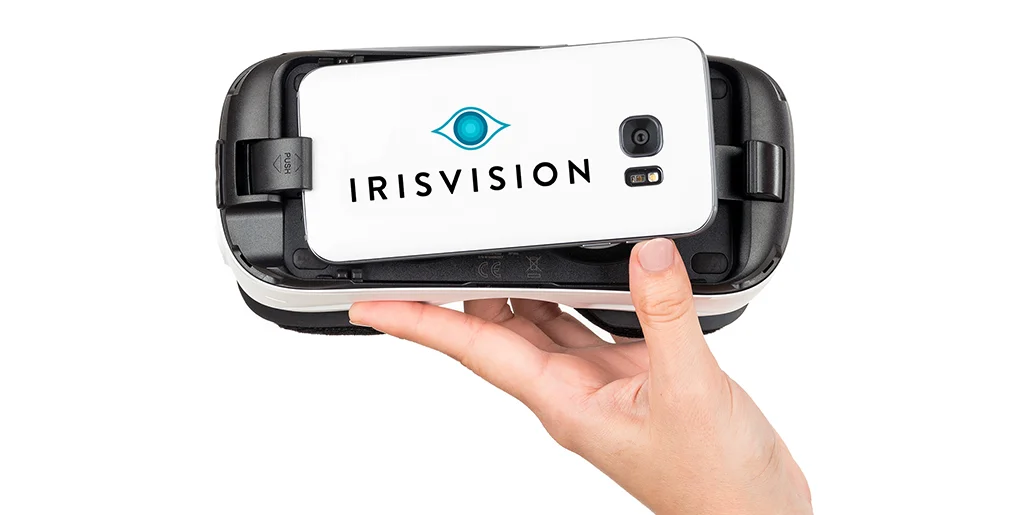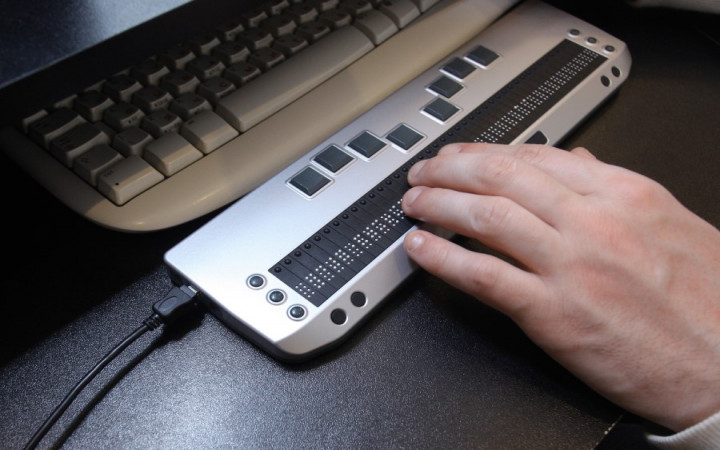Screen Readers for the Blind: Essential Devices for Digital Access
Wiki Article
Empowering Independence With Assistive Technology for the Blind
The assimilation of assistive modern technology into the lives of individuals with visual problems stands for a considerable development in advertising self-reliance and self-sufficiency. From innovative screen viewers to sophisticated smart canes, these tools not just enhance everyday navigating and communication yet also equip customers to engage meaningfully in different elements of life. As we explore the myriad advantages and real-world applications of these modern technologies, it ends up being crucial to take a look at the hidden aspects that add to their effectiveness and the potential for future growths in this important field.Introduction of Assistive Innovation

The advancement of assistive innovation is grounded in principles of inclusivity and empowerment. Developments in software, equipment, and sensory enhancements supply customers with choices tailored to their particular requirements. From display viewers that transform message to speech, to responsive tools that share information through touch, these devices transform the means individuals involve with their surroundings.
Along with practical applications, assistive modern technology cultivates better social inclusion and involvement in numerous fields, consisting of education and work (Braille displays and notetakers). As research study and development proceed to develop, the potential for assistive modern technology to better improve the lives of visually damaged individuals stays appealing, paving the method for a more fair society where everybody can flourish
Kinds of Assistive Tools
A variety of assistive tools have emerged to support people with aesthetic disabilities, each designed to fulfill particular demands and enhance day-to-day functioning. These devices range from low-tech remedies to modern innovations, supplying diverse choices for customers.Low-tech devices consist of magnifiers and large-print products that aid in reading and writing. Braille devices, such as Braille slates and styluses, enable tactile reading and interaction. Orientation and flexibility aids, like white walking sticks, aid customers navigate their setting securely.
On the higher end of the spectrum, digital magnification systems and screen visitors supply substantial support. Digital magnifiers permit users to increase the size of message and photos on screens, while display viewers convert digital content right into manufactured speech, assisting in accessibility to details on computer systems and smartphones.
Smart device applications additionally play a crucial function, providing features like text recognition and navigation assistance. Wearable technology, such as wise glasses furnished with enhanced fact, is emerging as an appealing tool to improve situational understanding.
Benefits of Assistive Innovation
The integration of assistive innovation substantially improves the high quality of life for people with visual impairments. These technologies encourage customers by promoting independence, enabling them to browse their settings a lot more properly and carry out daily jobs with better simplicity. For example, display readers and magnifying software application allow individuals to gain access to electronic info, fostering educational and expert opportunities that may have previously run out reach.Moreover, assistive devices such as smart canes and GPS applications give real-time navigating support, boosting flexibility and security. This boosted autonomy not just enhances self-esteem but additionally encourages social involvement, enabling customers to get involved even more fully in their areas.
Assistive innovation also promotes interaction, aiding users connect with others with voice recognition and text-to-speech applications. This capability is important for keeping partnerships and accessing crucial info.
Furthermore, the personalization options available with lots of assistive modern technologies guarantee that users can customize tools to their specific needs, further boosting functionality and effectiveness. In general, the advantages of assistive modern technology for individuals with aesthetic impairments are extensive, advertising a more inclusive society where every person can seek their objectives and goals.
Study and Success Stories
Highlighting the transformative influence of assistive modern technology, numerous study highlight just how people with aesthetic disabilities have efficiently integrated these devices right into their every day lives. One compelling example entails a college trainee that made use of screen reading software to browse academic materials and on-line sources properly. This modern technology not only facilitated her education and learning yet also improved her confidence in taking part in conversations and group tasks.An additional study includes an expert who utilizes a smart device application developed for navigation and item acknowledgment. By utilizing this application, he has gained back autonomy in both his personal and job environments, permitting him to commute individually Screen readers for the blind and involve with colleagues extra successfully.
In addition, a retired person shared her experience with braille e-readers, which enabled her to access a vast array of literary works and stay gotten in touch with her area through publication clubs.
These success stories highlight the crucial duty of assistive modern technology in cultivating self-reliance, improving quality of life, and advertising social combination for people with visual problems (Wearable technology for low vision). By embracing these cutting-edge tools, users can overcome challenges and seize possibilities that contribute to their specialist and individual gratification

Future Trends in Assistive Modern Technology
Advancement in assistive technology is poised to redefine the landscape of assistance for people with aesthetic disabilities. Arising fads stress the combination of expert system (AI) and device knowing, which enhance the performance of gadgets that aid with navigation and details ease of access. AI-driven applications are now capable of translating aesthetic information in real-time, making it possible for customers to engage with their environment more separately.Moreover, the advancement of wearable innovation is advancing rapidly. Smart glasses furnished with increased truth (AR) can offer audio descriptions of environments, changing just how customers connect with public areas. These gadgets not only advertise freedom however likewise foster social incorporation.
Additionally, the Internet of Things (IoT) is making homes smarter, permitting for smooth connectivity in between daily appliances and assistive tools. This connectivity empowers users by enabling automated responses and voice-activated controls customized to specific requirements.
Final Thought
In final thought, assistive innovation plays a crucial duty in empowering people with aesthetic problems by improving their self-reliance and involvement with their surroundings. The diverse series of devices and applications available not only assists in navigating and interaction yet likewise advertises social assimilation and possibilities for professional and individual growth. As advancements proceed in this area, the possibility for improving the high quality of life for those with visual impairments will certainly broaden, promoting higher freedom and empowerment.
Report this wiki page